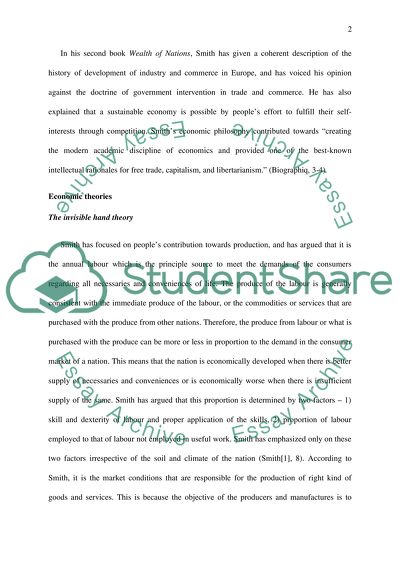Cite this document
(“Adam Smiths economic theories Research Paper Example | Topics and Well Written Essays - 1250 words”, n.d.)
Retrieved from https://studentshare.org/macro-microeconomics/1475536-adam-smiths-economic-theories
Retrieved from https://studentshare.org/macro-microeconomics/1475536-adam-smiths-economic-theories
(Adam Smiths Economic Theories Research Paper Example | Topics and Well Written Essays - 1250 Words)
https://studentshare.org/macro-microeconomics/1475536-adam-smiths-economic-theories.
https://studentshare.org/macro-microeconomics/1475536-adam-smiths-economic-theories.
“Adam Smiths Economic Theories Research Paper Example | Topics and Well Written Essays - 1250 Words”, n.d. https://studentshare.org/macro-microeconomics/1475536-adam-smiths-economic-theories.


